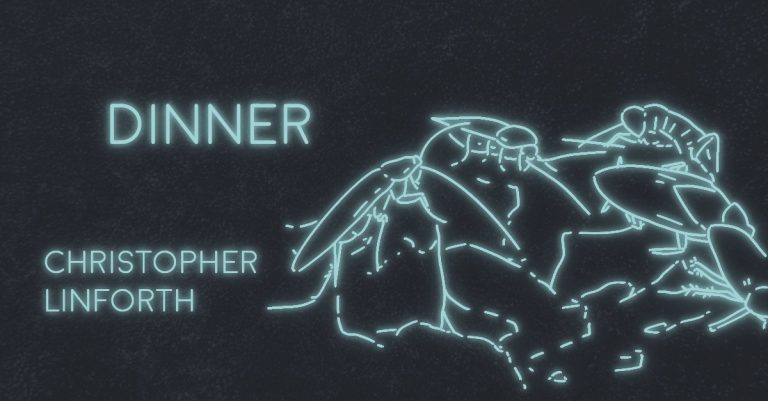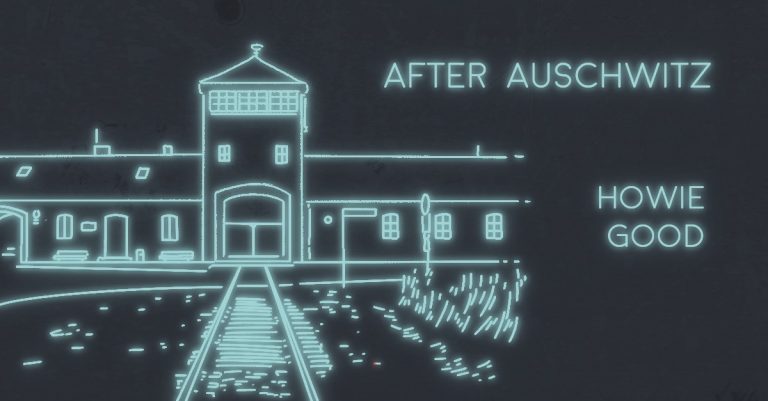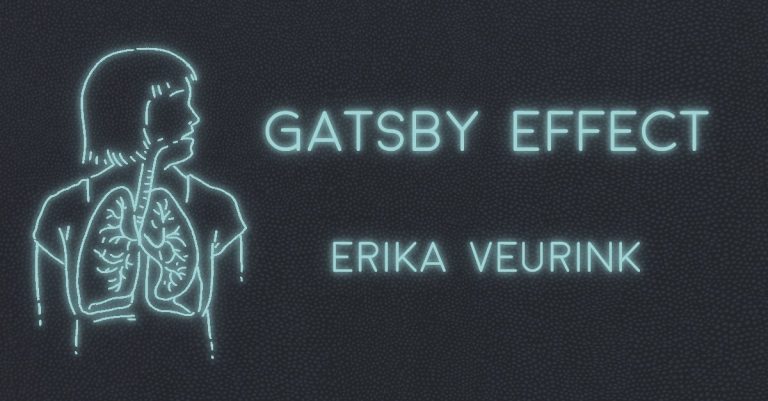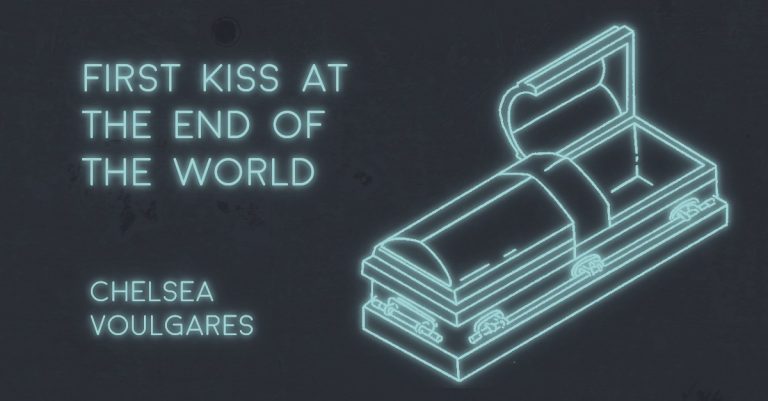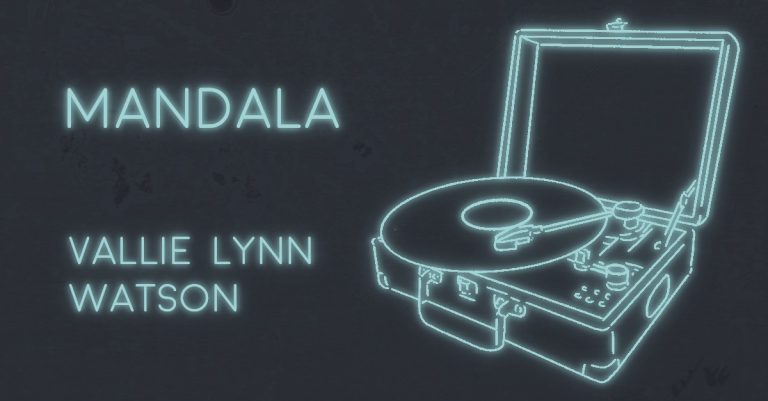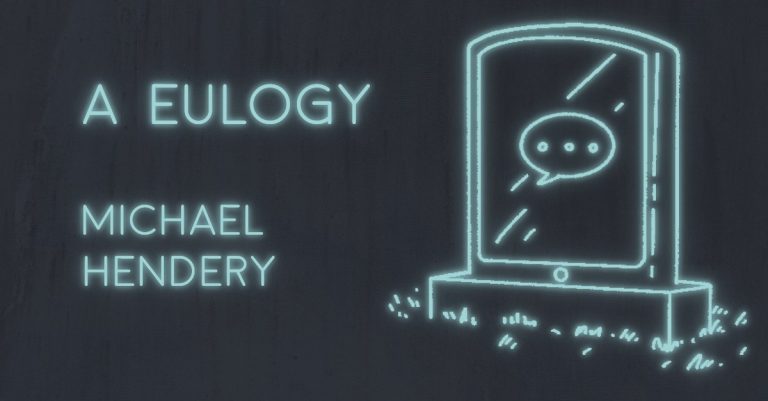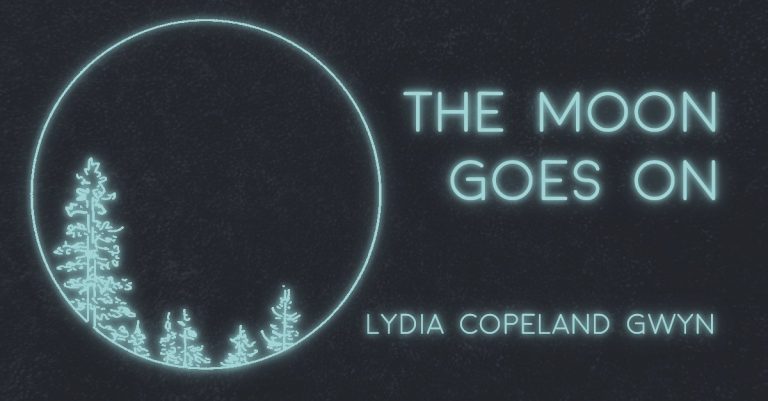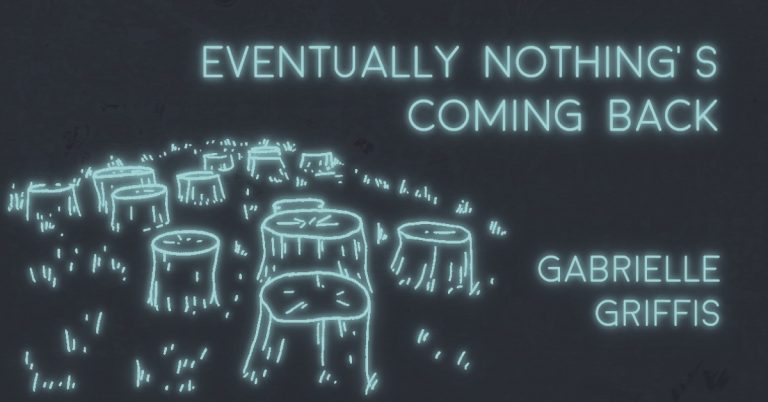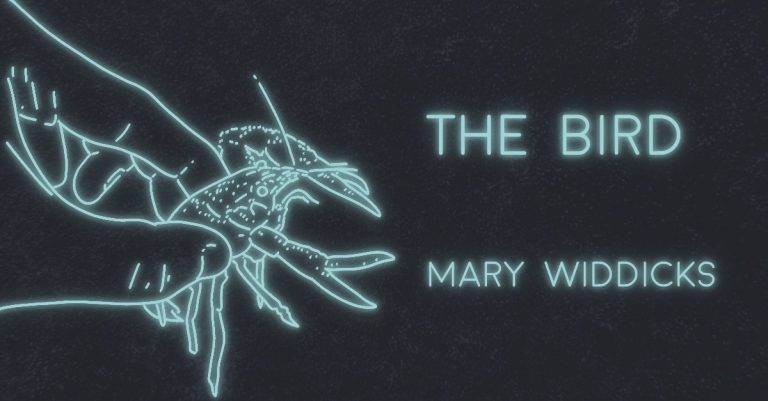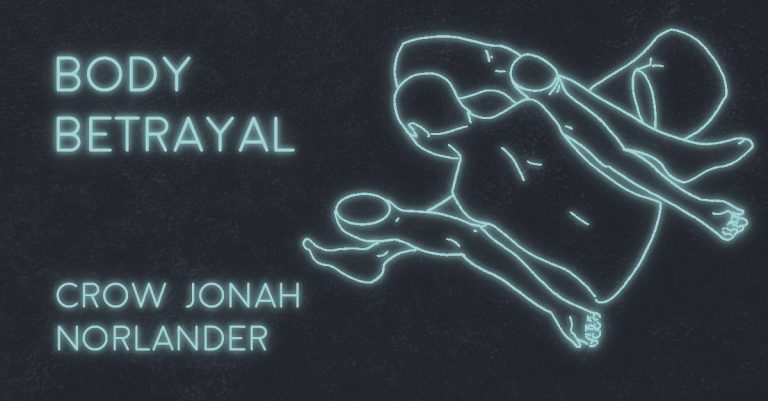
BODY BETRAYAL by Crow Jonah Norlander
When I reached the age at which my older friends started to complain about their bodies falling apart, mine really did. My infant son picked up a smooth piece and used it to soothe his gums. My wife palmed another, soft for warmth and whispers. Mom grabbed some with more defined edges to help set up her printer, while one other bit of me barely holding its shape looked on as dad skated around backwards. My boss’s part sat around ignored, waiting to get fired. The chunk of me attending to the Executive Board made the motion to call the

